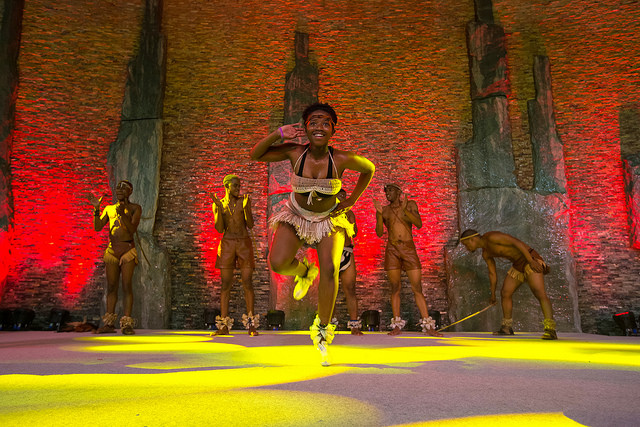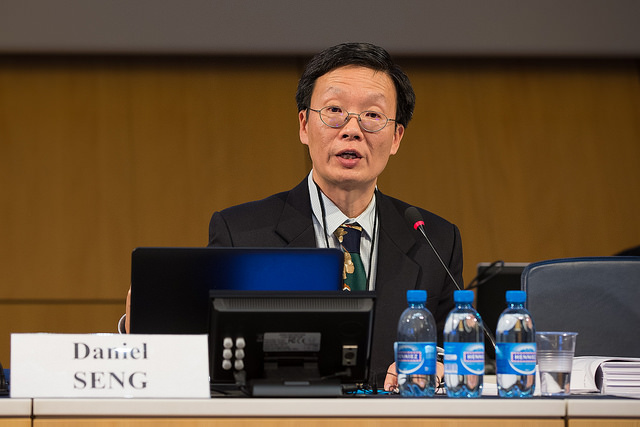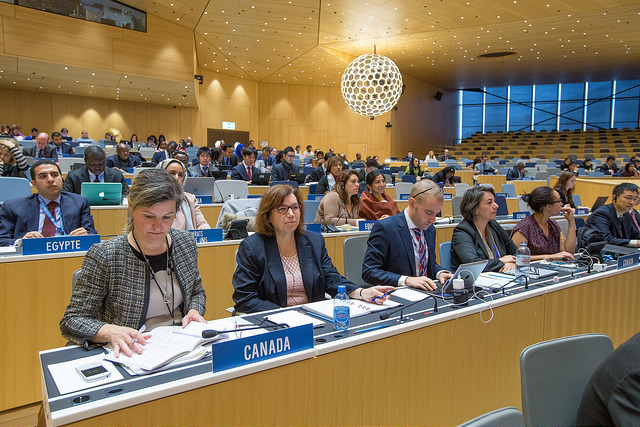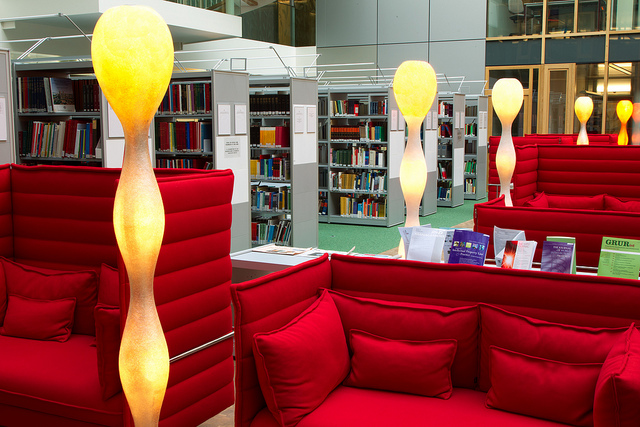The Intergovernmental Committee on Intellectual Property and Genetic Resources, Traditional Knowledge and Folklore will meet from February 27 to March 3, 2017 for their 33rd session. On the agenda, the discussions will mostly focus on Traditional Cultural Expressions. Under the WIPO IGC, a primary focus of the work of the IGC is to reach a common understanding on core issues, including whether certain Traditional Cultural Expressions (TCEs) are protected.

Photo: WIPO – Emmanuel Berrod.
“Treasures of South Africa” Exhibit Held on Sidelines of 2016 WIPO Assemblies
In anticipation of the meeting, the Permanent Delegation of the European Union in Geneva, on behalf of the European Union and its Member States, submitted a proposal for a compilation study of national experiences and domestic legislation and initiatives in relation to the safeguarding of Traditional Cultural Expressions (TCEs). The study asks to clarify and define the scope and limitations of the current IPR (Intellectual Property Rights) regime, as well as alternative regimes, posing questions such as “how have the policy objectives been defined?”, “how have key definitions such as TCEs/subject matter, “traditional”, misappropriation, scope, duration, exceptions and beneficiaries been defined?”, or “when a tiered approach is included, how have the different levels been defined, and how can they be distinguished from each other?”
Overall, the EU proposal for a study is aiming to:
- Set out, in an objective manner, domestic legislation and specific regimes for the safeguarding of TCEs, and provide concrete examples of subject matter covered.
- Take into account the variety of measures that can be taken.
In addition to the EU proposal, another document entitled “Traditional Cultural Expressions: A Discussion Paper” was submitted to the agenda by the Delegation of the United States of America. This paper is intended to advance the work of the IGC by identifying examples found in the United States and in different cultures that may be regarded as TCEs. The paper identifies for instance Bikram Yoga as a Ritual TCE, or Tango as a Dance TCE. It also sets out examples for sports, musical instruments, architecture, arts and handicrafts, food, hair styles and body adornments, music and sound TCEs, verbal and written TCEs. This document will be useful as a reference to put the TCEs and their preservation into the current cultural context.
The committee will also review “The Protection of Traditional Cultural Expressions: Draft Articles Rev. 2” (WIPO/GRTKF/IC/33/4), initially drafted during the 27th session of the GRTKF in 2014, and discussed and revised multiple times since inception. This document was also discussed during the last GRTKF meeting in November 2016, when it was reminded by the Chair that the multiples revisions were “to aid in the development of a cleaner, simpler, more streamlined text that captured and reflected common positions on core issues.”
The meeting will be preceded by a half day panel on February 27, chaired by a representative from a local or indigenous community, titled “IGC Draft Articles on the Protection of Traditional Cultural Expressions: Indigenous Peoples’ and Local Communities’ Perspectives”.



